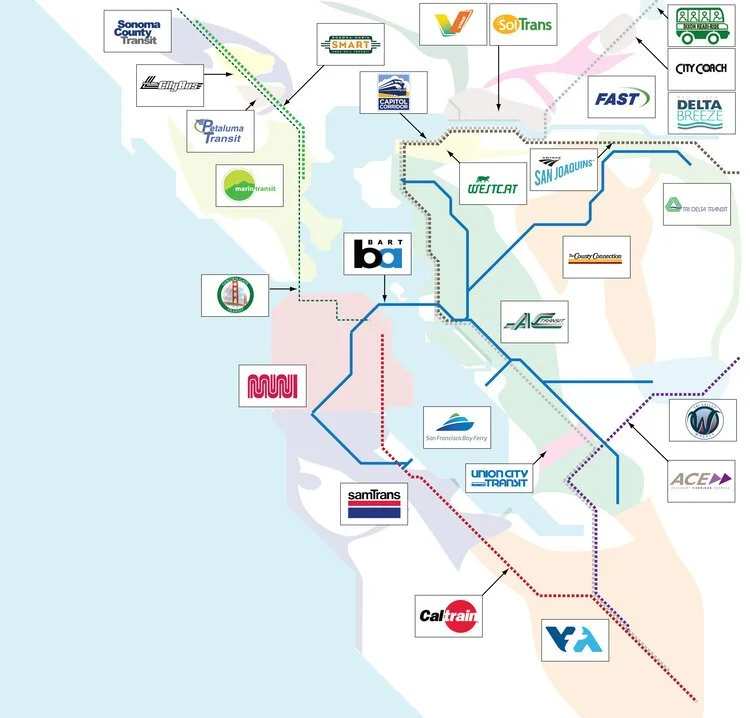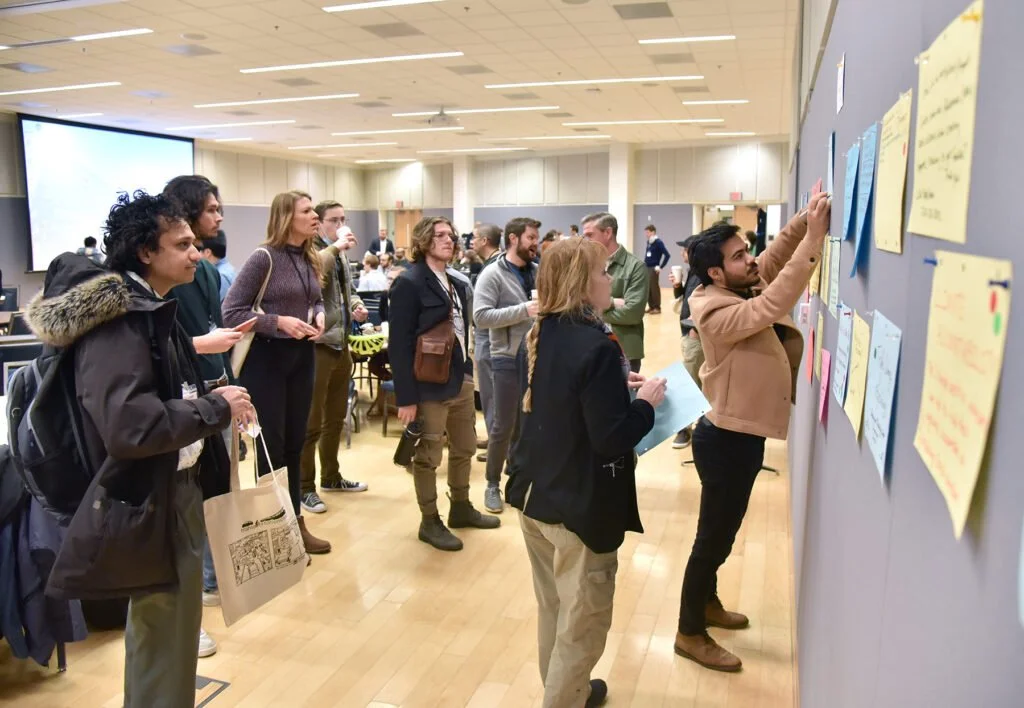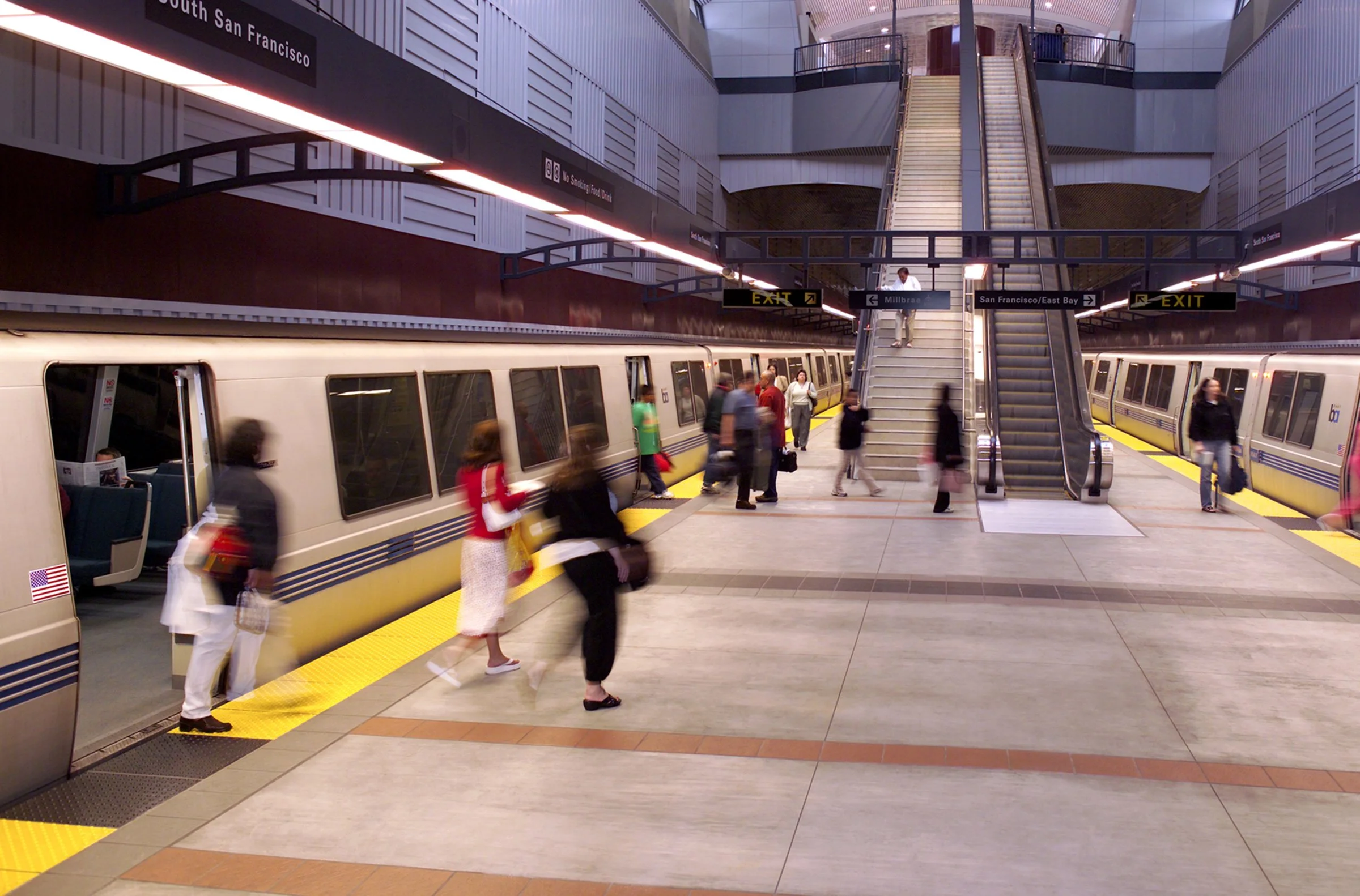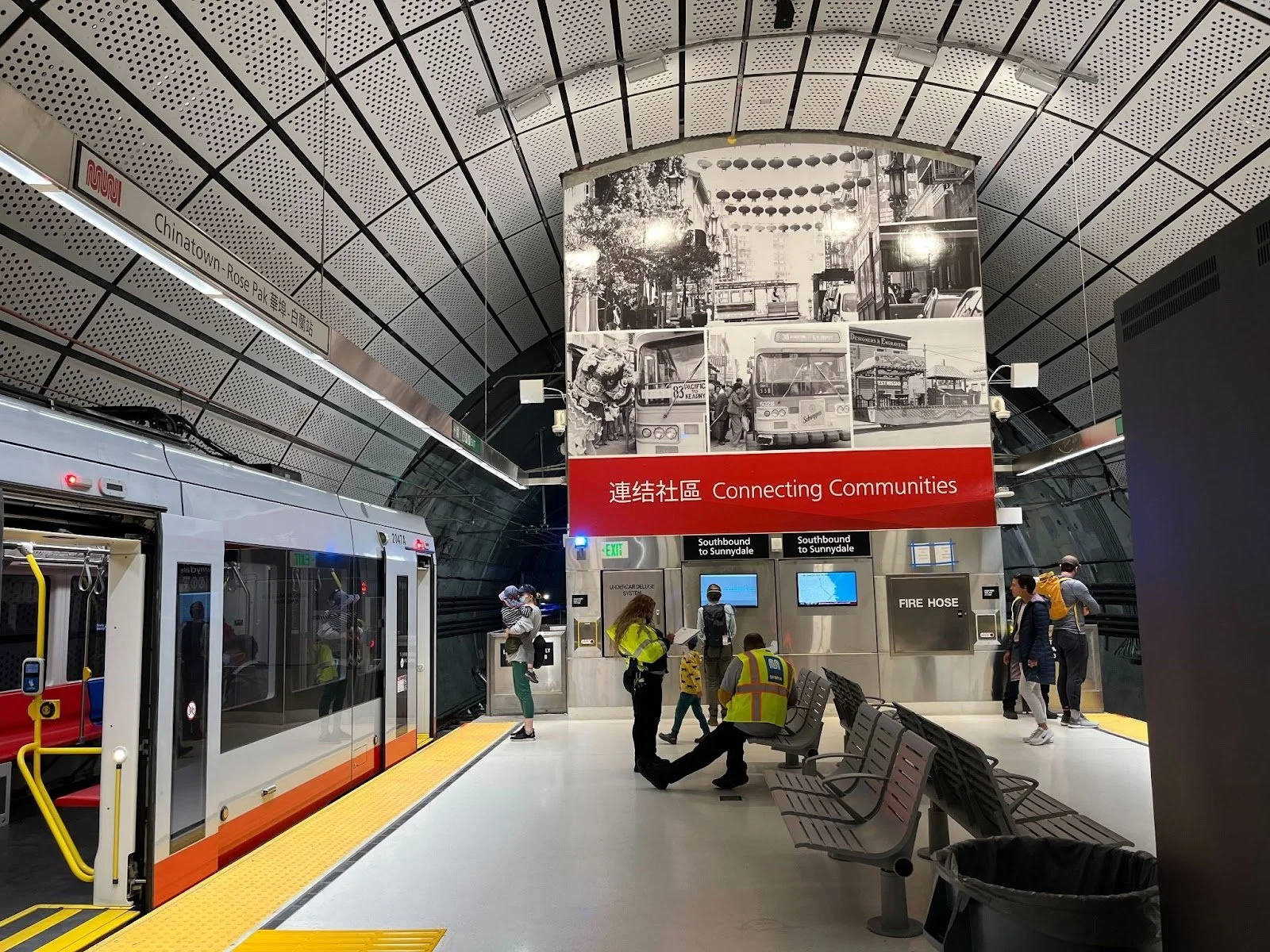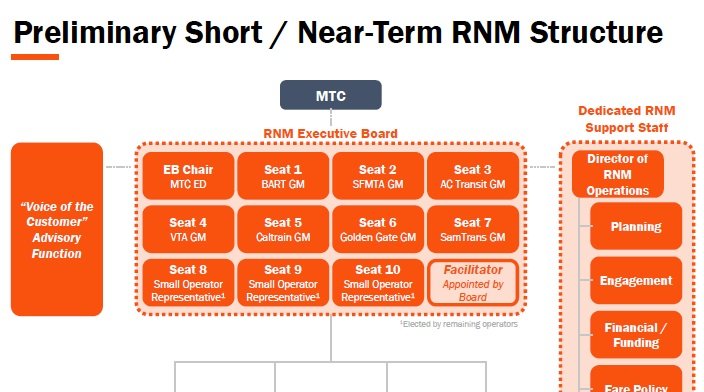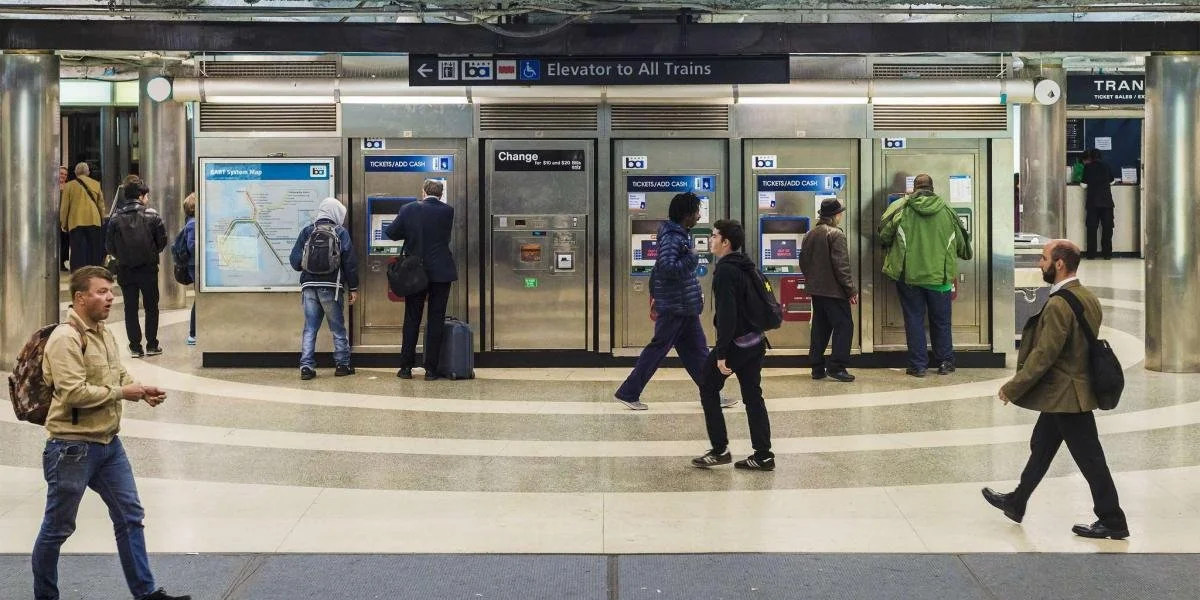A new bill, AB 761, seeks to identify statewide reforms and possible new funding that can transform public transit in California into more effective, integrated networks that can attract more riders and support climate goals.
Read MoreMTC’s proposed “Network Management Framework” is an incremental step toward better voluntary coordination, but we still don’t have a coherent plan for a governance that can deliver a transformed, seamless system with new funding from a regional ballot measure.
Read MoreInitial data shows that students with BayPass have been taking significantly more transit trips (now 40% as a percentage of their total commute). Riders with BayPass use even more AC Transit service than students who have a single-agency AC Transit pass, showing how Clipper BayPass in this time period has broadened access to other transit systems.
Read MoreNew information from transit agencies and MTC is bringing into sharper focus the crisis that is looming as federal relief funding runs out while ridership is slower to recover.
Read MoreSeamless Bay Area is growing - and we’re hiring a paid transportation policy & advocacy intern! Learn more about the position and how to apply.
Read MoreAt Transportation Camp in DC, about thirty activists and transportation professionals from across the US came together to brainstorm a coordinated national strategy for federal advocacy to promote seamless regional integration - and found numerous opportunities to be working together to advance shared goals.
Read MoreOn January 10, California Governor Gavin Newsom released his 2023-24 state budget proposal, which grapples with deficits in part by slashing funding for public transportation capital projects (and other climate investments) while ignoring the fiscal cliff facing transit agency operating budgets.
Read MoreWhat can be done to help transit megaprojects be designed better, delivered faster and more cost-effectively? This week, join Seamless Bay Area, Transbay Coalition, and SPUR for the second part of a two-part workshop series focused on faster, more cost-effective, more rider-focused transit megaprojects.
Read MoreOn Friday, January 13, the MTC Legislation Committee will receive an update about preparations for a regional transit funding measure, which is being developed in partnership with transit agencies. The presentation was also given at MTC’s Policy Advisory Council on Wednesday January 11.
The movement for regionally integrated fares for public transit has gone national. Eighteen members of Congress, led by Representatives Mike Quigley of Chicago and Mark DeSaulnier of Contra Costa County, submitted a letter to the Federal Transit Administration last month calling on the federal government to provide support for regions seeking to to integrate transit fares.
On Wednesday, January 11, the MTC Policy Advisory Council will receive updates bout next steps on regional bikeshare, and next steps to start preparing for a regional transportation funding measure. These two items should be considered together.
Read MoreAt its January 12 board meeting, VTA will consider providing transit passes to people who live in apartments on land owned by the agency, as part of a Transportation Demand Management program. This is a promising development that VTA and other agencies in the Bay Area could build on.
Read MoreThe Bay Area is finally going to develop a vision of a connected transit network over the next 18 months that will serve as a clear guide for future transit investments, policies, and reforms. This is a huge breakthrough for the Bay Area, marking a significant shift to more people-focused transit planning - and a major victory for riders who want to see a seamless transit system.
Read MoreCaltrain is likely to be the first major agency in the Bay Area to face a fiscal cliff, as federal relief funding runs out and ridership is growing back more gradually. This could result in cuts to service and/or maintenance starting as soon as this coming year. Caltrain presented a report to the board Workplan Committee in November and its board in December showing a fiscal cliff looming in 2024.
Read MoreThe planned upgrade of infrastructure to support Clipper, the region’s regional fare card system, is being delayed by a year, which could impact when riders get to experience the benefits of free and reduced price transfers. MTC and agency staff are now working to assess whether it would be feasible to implement free and reduced price interagency systems using the current Clipper 1.0 system, on the original proposed time frame of late 2023.
Read MoreThe future of Bay Wheels -- the Bay Area’s bike-share network that now carries over 1 million daily trips -- will be considered by MTC over the next three years, and provides an opportunity for the Bay Area to craft a more effective micromobility network that is seamlessly integrated with transit and is affordable, reliable and accessible.
Read MoreThis post, originally published on November 10th, has been updated following the Nov. 14 Network Management Business Case Advisory Group Meeting based on new information. Riders who want a seamless transit system should speak for transit governance that is truly accountable to the public, and that doesn’t recreate our region’s past failed coordination structures.
Read MoreMTC is developing a policy for no-cost and reduced-cost transfers on the next-generation Clipper 2.0 system rolling out next year, bringing us one step closer to realizing the Fare Policy Vision approved last year by MTC and transit agencies. On October 17, the project team presented its updated draft policy for the project, giving a better view of what free and reduced cost transfers might look like in the near future.
Read More

